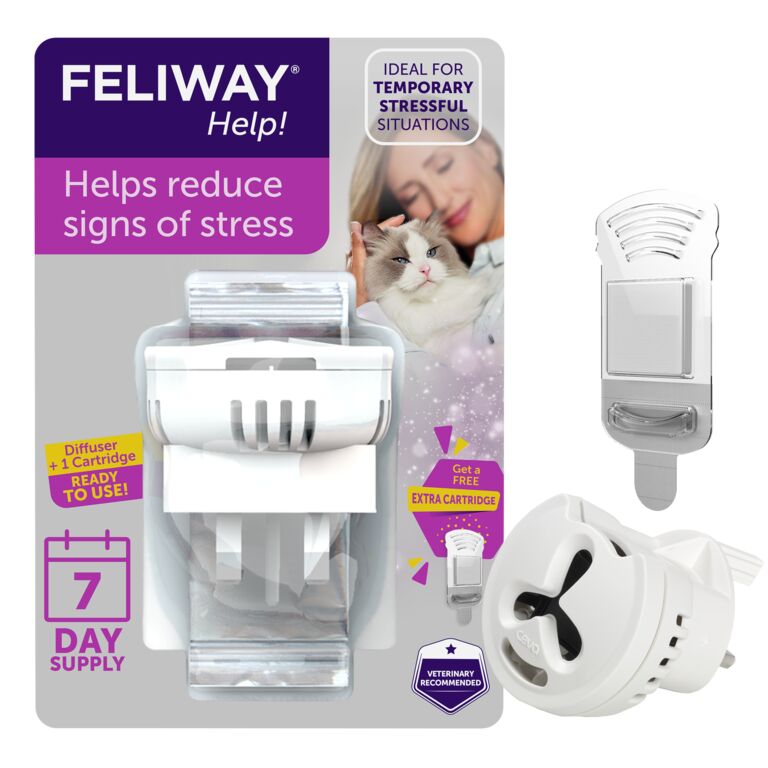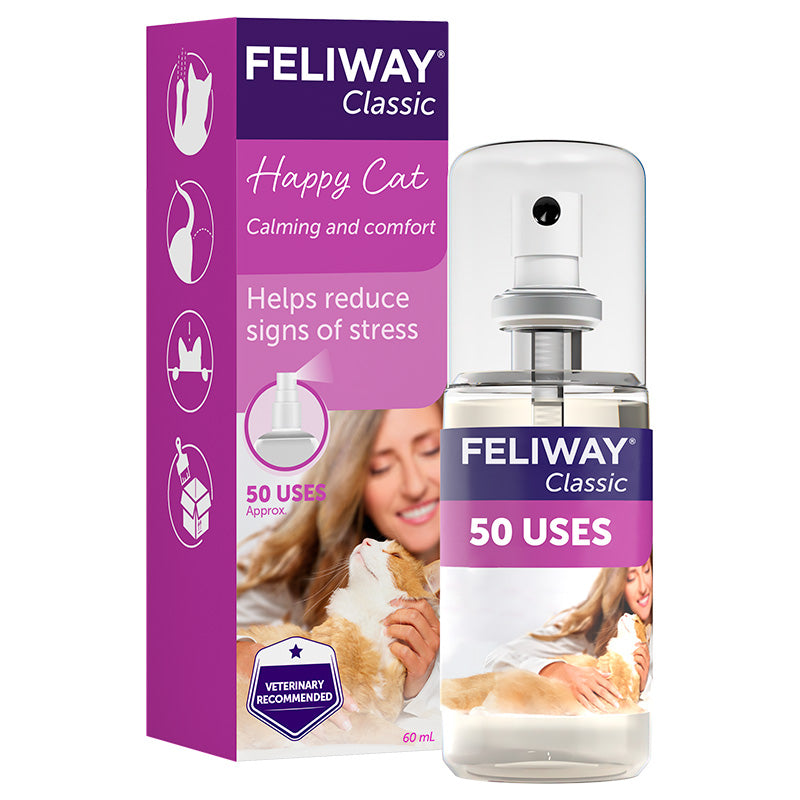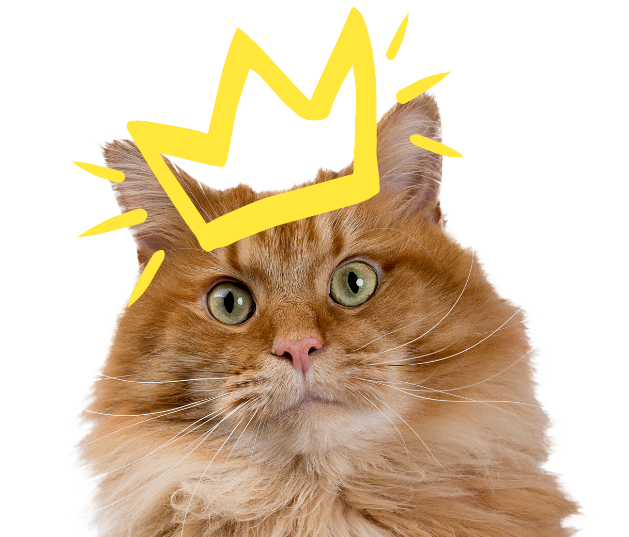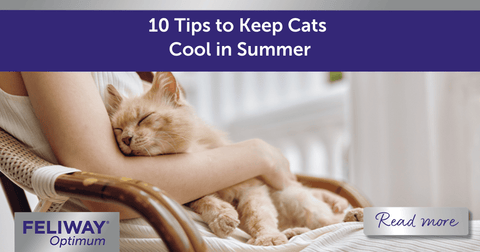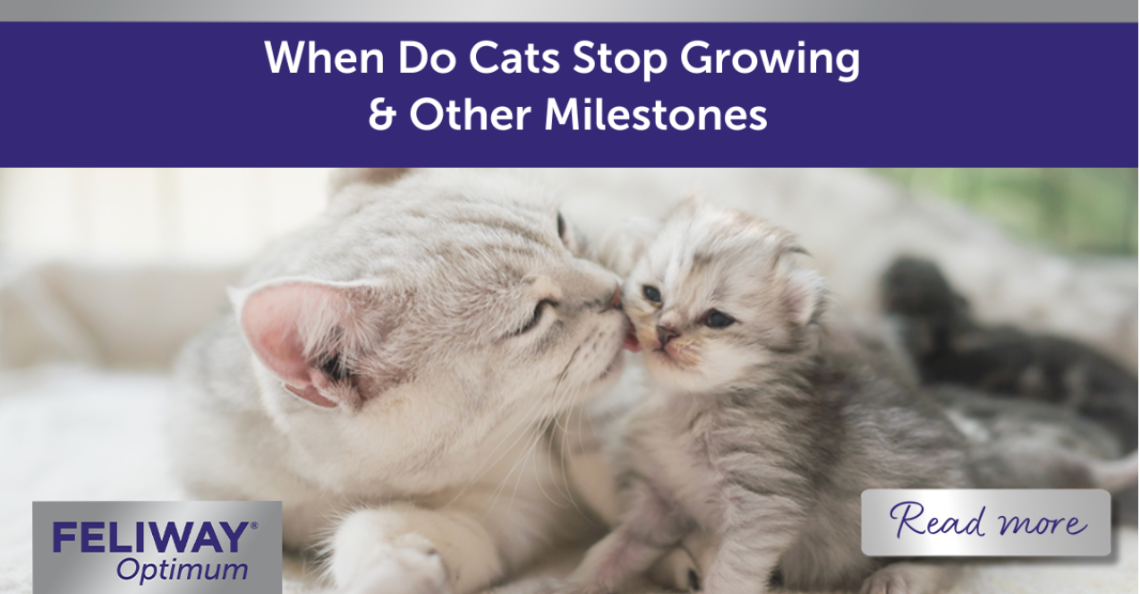
When Do Cats Stop Growing and Other Milestones
When Do Cats Stop Growing & Other Milestones
A common question that many cat parents have is, “when do cats stop growing?”. Whether you’ve just adopted a kitten or are interested in learning more about your cat’s development, understanding a kitten’s stages into becoming a cat can help you to better care for them. It can help you understand their nutritional needs, monitor their health, and prepare your living space appropriately.
In this blog, we’ll talk about when kittens stop growing as well as other frequently asked questions about a cat’s lifecycle to help you understand and celebrate all the important milestones your feline friend will encounter during their lifetime.
When Do Kittens Stop Growing?
Although there is no one-size-fits-all answer to the question “when do kittens stop growing?”, they are generally considered fully grown at 18 months. However, some cats don’t reach full size until they are 2 years old, which is 24 in human years! Generally, when kittens are adults, they weigh between 4 and 6 kg and are between 20 and 25 cm tall. Some breeds can be bigger, with Norwegian Forest and Ragdoll cats reaching up to 9 kg and 30 cm tall.

When Do Kittens Become Cats?
There are four main life stages for a cat, with up to a year of their life being in the kitten stage. After that, they become a young adult, a mature adult, and then a senior. At each of these growth stages, cats continue to develop their behaviour and cognitive point of view.
During these life stages, cats require different forms of care from their humans.
Kittens (up to 1 year)
Make sure the physical and social environment of your home is set up to meet the needs of a developing kitten, as this will help prevent behaviour issues in the future. The kitten stage is a great time to train your kitten to get them used to normal things that’ll happen in their life, such as…
- Grooming
- Teeth cleaning
- Nail clipping
- Going into their carrier
- Gentle handling
Young Adult (1-6 years)
By 1 year old, your kitten has become a cat, reaching physical and emotional maturity. This is a good time to check that your feline friend has the appropriate space and resources, such as litter trays and scratching posts. Now your cat is larger, they’ll naturally need a larger litter tray and scratching post than they did as a kitten!
At this milestone, play should also be encouraged as part of a daily routine. This not only helps with development but also allows you to find out what games and toys your cat enjoys. Although adult cats may not seem as interested in play as they did as a kitten, it’s still an important activity for them.
They have a natural drive to use their hunting skills and play is a great outlet, plus it’s great for physical and mental exercise.
When cats reach social maturity, there can be a change in inter-cat relationships in the home. You might notice your cats are not as close as they used to be if you spot them staring at one another, blocking each other’s access to resources, or even just avoiding touching each other when they sleep. This makes it important to keep an eye out for situations your cat might find worrying so you can support them.
If you have noticed your cats are not as harmonious as they used to be, or they’re finding some aspects of life difficult, try using FELIWAY Optimum. Simply plug the diffuser into the room they spend the most time in. The diffuser will then release reassuring messages that help to bring enhanced serenity to your cat while they’re facing changes in the home or their social relationships.

Mature Adult (7-10 years)
At this point in a cat’s life, there may be changes in behaviour to keep an eye out for. As they get older, they may become less active or playful. Just like when they were in their kitten stage, they will also love sleeping! In fact, older cats sometimes like to sleep for up to 20 hours a day.
If you do notice your cat becoming less active as they age, it’s worth considering how you can adapt your games and playtime together. They still need that stimulation and exercise, even if it’s less vigorous than before. You should also let your vet know so they can give your cat a checkup and confirm everything is okay.
Senior (10+ years)
When your cat becomes a senior, changes can happen quickly. That said, make sure you don’t just put changes down to ‘old age.’ Be ready to adapt your older cat’s environment to ensure they’re comfortable and content.
An older cat’s preferences can change for things like the height of their litter tray and the material on their scratching objects. In this case, try scratching objects that aren’t such a harsh material so it’s softer on their skin and paws. Likewise, consider other ways you can make their access to resources and favourite spots easier. For example, provide a ramp or steps – or other objects that can act as steps – on their way to their favourite windowsill. You could also get them a softer bed and even add a source of warmth beneath it.
How Old Do Cats Get?
Much like the other questions, there isn’t just one answer to the question, “how old do cats get?”. The average lifespan for cats is around 13 to 14 years old, but many can live to their early 20s, and in some cases, they even reach 25 to 30 years old. The oldest cat to have ever lived made it all the way to 38!
If you’d like to know how old your cat is in human years, check out this fun chart from International Cat Care.

Maintaining Health and Well-being Through Growth
Throughout every stage of your cat’s life, it’s important to make sure you’re supporting their health and well-being. During their kitten stages, ensure that they are getting the proper nutrition, receiving their necessary vaccinations, parasite control, socialising, and playing.
Kittens can be neutered from 4 months, which will prevent any health issues in later life. You should also get your kitten used to handling for healthcare, such as touching their ears, paws, and teeth for cleaning. Then, as they age, take your cat to regular vet check-ups and get them neutered.
When your cat becomes a senior, change their diet to include easier-to-digest ingredients and continue to give them constant fresh water for hydration. Provide soft and warm materials to ensure their comfort and still incorporate gentle play.
During all their life stages, keep on top of their dental care, grooming, and weight management to make sure they are happy and healthy. Spending quality time with your cat and showing them love by understanding their individual needs and preferences will also enhance their emotional well-being.
On that note, using FELIWAY Happy Snack is a great way to bond with your cat at any stage of their life. It’s easy to give, which means you can always choose the exact time to share a lovely moment together. Perhaps you can both enjoy a treat when you have a mid-morning break, or how about when you return home in the evening? Simply squeeze some into your cat’s bowl, onto a spoon, or let them lick it directly from the stick to create a moment you both love and look forward to together.
If you would like to know more about a cat’s kitten stages or how to care for them as they grow, take a look at our other blogs. Or if you have any questions, please don’t hesitate to get in touch. You can also sign up for our newsletter to stay up to date with all our latest tips and tricks.













